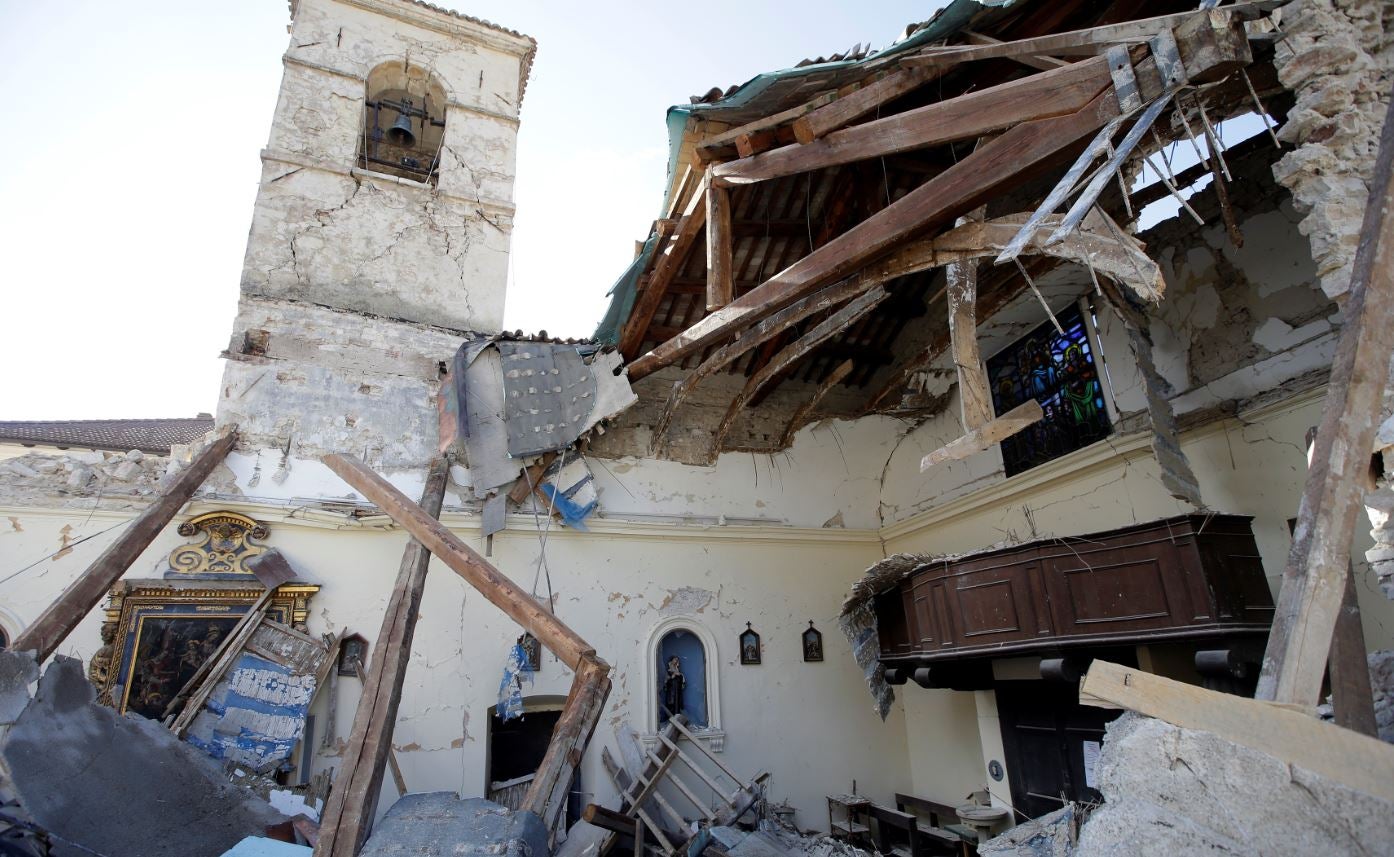
There is a piece of research I have been keeping from you in the hope that, if I sat on it long enough, it might eventually fade from my mind altogether and you would be spared its embarrassing truths.
Sadly, this has not happened, and so, since even columnists have consciences, I now feel obliged to reproduce for you a summary of the work in question.
It appeared in an American publication called Journalism History and was a study of the psychology of 187 leading journalists. The article’s headline was ‘Depression, Drink and Dissipation’, and its conclusions were that “half of the 187 were debilitated by depression, serious anxiety, or bipolar disorder; over a third were titanic drunks, pill-poppers, or opium-addicts; nearly a third were serial philanderers, and a sizable bunch were misogynists, man-eaters, or violent bullies.”
So now you know. In mitigation, I would point out that the 187 were the most extraordinary, adventurous, and talented journalists of the last 300 years or so.
But there is no denying the evidence: 19 of them drank themselves to death, seven died from excessive smoking, several committed suicide, and 13 killed themselves by over-eating.
Certainly nearly all the best journalists I have known were afflicted by some addiction or other, even if it was just to their own reflection in the mirror.
There was the executive with such a towering temper that he once threw a computer out of a third-floor window; a pair discovered by a startled security guard making love on the boardroom table; two sportswriters of such easily-aroused aggression that they came to blows on the luggage carousel at Heathrow Airport; and entire bars full of drunks, one of whom once went nine days subsisting on nothing more nourishing than vodka and potato crisps.
And, just to prove journalists are nothing if not versatile, there was also the US magazine editor who investigated private lives of Hollywood stars, but instead of publishing the incriminating material used it for blackmail; and the gluttonous New Yorker writer sent to a Swiss health farm to lose weight but who sneaked out to restaurants so often that he left the place heavier than when he went in.
I could go on – but I wouldn’t want you to conclude that every journalist is like this, or that the owners of the bylines in this website are all opium-eaters, hopeless alcoholics, or sex maniacs.
Some of them maybe but the chances are that, if not paragons of blameless virtue, they are at least fairly normal – save in one respect. And this is the little bit of warped psychology within our minds that made us journalists in the first place. Let me explain.
Many years ago, when I first news edited a national newspaper, there was a large demonstration in London against a new tax imposed by the government of Margaret Thatcher. I had sent a reporter to cover this, and, with the assistance of a new secretary who had started working for me just days before, was getting on with editing stories when the phone rang.
It was the reporter at the demo. There was trouble, big trouble. Fires had been started, violence had broken out, and there were reports of deaths. Immediately I leapt to my feet and began ordering two extra reporters to go here, another to go there, a graphics team to assemble a map, more photographers to be sent etc.
The new secretary was appalled. “You’re enjoying yourself, aren’t you?” she asked. “Yes I am,” I replied. “But people are being hurt there,” she said. “Well, I can’t help that,” I responded, “I’m not a doctor. Our job is to find out what happened, and why, and then tell people about it.”
She looked thoughtful for a moment, and then carried on with her work, as I did with mine. At the beginning of the following week, she went to see the editor and tendered her resignation.
When asked why, she said she didn’t feel she could work with journalists “after seeing what they were like”.
That evening I told the story to my wife, a nurse, hoping for some comforting words. There were none. Far from being sympathetic, she said she understood the young woman’s feelings completely. “If I hear of an earthquake, I feel sad. But you get excited. It’s just not normal.”
She’s right, I suppose, as wives can occasionally be.
The world’s disasters and evils are, to journalists, not just matters of curiosity to be investigated and described, they are also, if we are honest, the stages on which we perform and exercise our egos.
And if those of us editing behind safe desks are a bit weird, it’s no surprise that the extraordinary journalists who go out and risk life and liberty to bring home the story should turn out, quite often, to be drunks, spendthrifts, lechers, and addicts. And the terrible thing is, we’re quite proud of it.
Email pged@pressgazette.co.uk to point out mistakes, provide story tips or send in a letter for publication on our "Letters Page" blog
